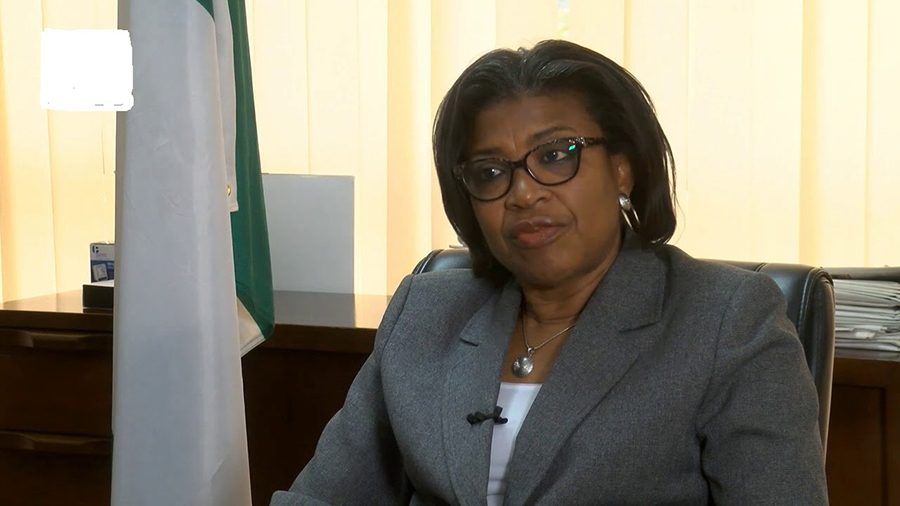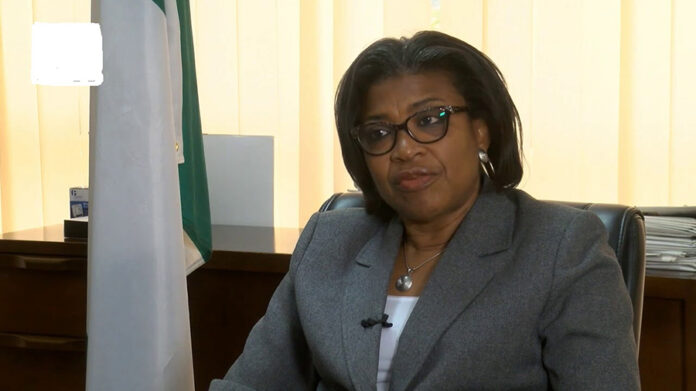
The debt profile of Nigeria worsened in 2020, analysis of data released by the Debt Management Office (DMO) has shown.
According to the 2020 debt data released by the DMO, the country’s total debt further rose by more than 20 per cent within one-year period as the nation’s debt portfolio rose by N5.52trn.
As of December 2019, the country’s debt portfolio stood at N27.4trn. However, the latest data released by the DMO showed that the country’s debt portfolio had risen to N32.92trn.
This means that the nation’s debt profile rose by N5.52trn or 20.15 per cent within a one-year period.
As a measure of the size of the country’s debt, the country spent a total of N1.85trn to service its domestic debt in 2020 while it spent another $1.57bn to service its external debt.
A breakdown of the current debt statistics showed that the country debt to foreign creditors stood at $33.35bn or N12.71trn as of December 31, 2020.
This represents 38.6 per cent of Nigeria’s total debt commitment.
Analysis of the debt external debt portfolio showed that the Federal Government has the lion share of $28.57bn. This represents 33.08 per cent of the country’s total indebtedness.
The states, on the other hand owe $4.77bn in foreign loans. This represents 5.53 per cent of the country’s total debt portfolio.
In terms of domestic debt, the country owed N20.21trn as of December 31, 2020. This represented 61.40 per cent of the country total debt portfolio.
Splitting this between the Federal Government and the sub-national government showed that the Federal Government owed a total N16.02trn to domestic creditors. This represents 48.68 per cent of the entire national debt portfolio.
The state governments as well as the Federal Capital Territory Administration, on the other hand, owed a total of N4.19trn. This represents 12.72 of the country’s total debt portfolio.
The country’s debt portfolio has been on the increase, raising concern about sustainability.
The government has consistently pointed out that the size of the country’s debt is within manageable level given the size of its Gross Domestic Product.
Experts, however, point out that declining revenue and increasing cost of servicing debt have made the position of the government on debt sustainability untenable.
In order to increase revenue, the government recently passed a new finance law that among other thing raised the rate of Value Added Tax from five to 7.5 per cent.
It also offered a number of incentives aimed at increasing the tax net.
However, a debilitating economy has been frustrating the capacity of the citizens to pay taxes, especially to governments across the country that they consider profligate and impervious to their needs.
Another challenge that has increased the risk of the expanding debt portfolio, especially the foreign loans component, is the rising exchange rate.
Government aimed to address this by reducing its external borrowing, thereby backtracking from its earlier decision to raise foreign borrowing to 40 per cent.
At 38.6 per cent, the foreign debt component of the total debt stock was only 1.4 per cent from the 40 per cent target which the government had embarked on to take advantage of cheaper funds abroad.

